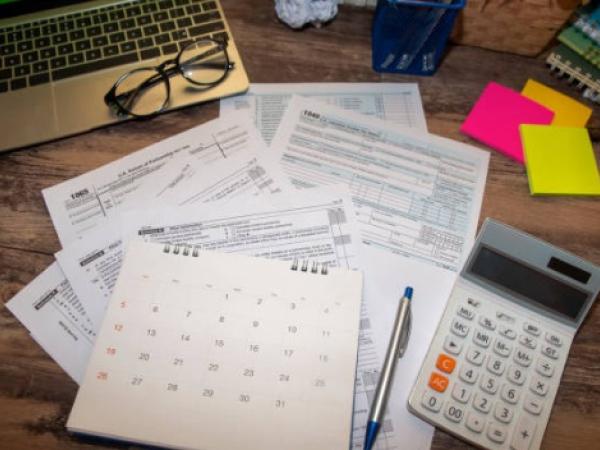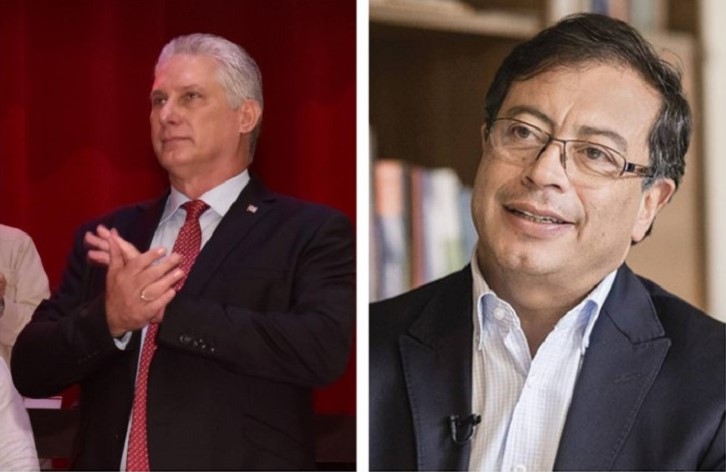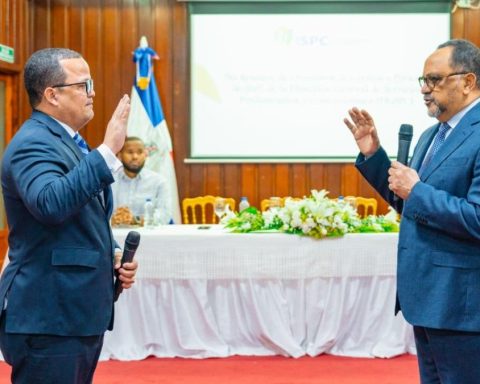The tax reform of Gustavo Petro is the task with which Jose Antonio Ocampo he was summoned by the incoming Administration to repeat the head of the Ministry of Finance.
(See: Tax, external accounts, GDP and employment, Petro challenges).
After the presidential inauguration, this is one of the most anticipated issues, and it is estimated that, eventually, this Monday, August 8, the project will be filed, as anticipated by the leader of the Treasury and Public Credit portfolio in several statements to the media.
The reform would seek to achieve a collection equivalent to 5 percentage points of gross domestic product (GDP), that is, about $50 billion, but this is not an annual collection goal as was said in the campaign, but rather Ocampo himself clarified in recent weeks that it is a projection for the four-year period.
The official gave more clues about what the articles would be, such as the fact that the backbone of the reform would be centered on the income tax for natural persons. Ocampo has ruled out expanding the tax base, and with this he clarified that instead the focus will be on people with higher incomes, about 2% of citizens.
(See: How will taxes be in the new government, according to Petro).
“For us, the most important thing is to see how we can significantly increase income tax collection for individuals, and for this the basic objective is to eliminate tax benefits that exist in Colombian legislation, for people with higher incomes, which we have defined as people with more than $10 million monthly income”, Ocampo said in an interview with Portafolio a few weeks ago.
The minister also explained that another of the great strategies of his reform will be the elimination of exemptions in several sectors, and that although the rent rate for companies will not be increased, some benefits will be eliminated.
(See: The taxes that could be modified or eliminated, according to experts).
For the specific case of VAT, the commitment is not to touch the tax.
Gustavo Petro, President of Colombia
Since the leader of the Historical Pact, Gustavo Petro was elected as President Much has been speculated about what will be included in the reform.
One of the taxes that caused the most noise in principle was the idea of taxing sugary drinks and ultra-processed foods. Ocampo confirmed to this medium that this tax will go, “not necessarily for a tax revenue issue, but to improve eating patterns”.
(See: What should be taxed in the country, according to experts).
On the contrary, he ruled out another initiative that sounded, and that was proposed by the new Minister of Culture, Patricia Ariza: that of taxing telephone plans of more than $38,000, as a source of resources for the artistic sector.
Ocampo also said last week that, in the analysis that has been carried out on natural persons, It was found that in high-income people, a good part of their earnings are occasional.
“For this reason we have been analyzing what tax rate to put on occasional earnings. It is a decision still in progress, but I think we will increase from 10% to 20%”, explained the minister.
In addition, in recent days it became known that the Government had been reviewing the possibility of impose income tax on streaming platforms, such as Netflix, Uber or Spotify, which today receive incentives from the government of Iván Duque for the sector of cultural industries or orange economy.
(See: Is Petro’s tax reform similar to that of Duque and Carrasquilla?).
LAURA LUCIA BECERRA ELEJALDE
Journalist Portfolio

















